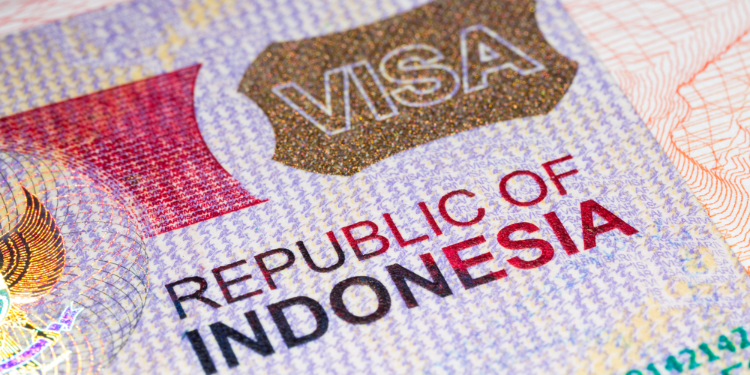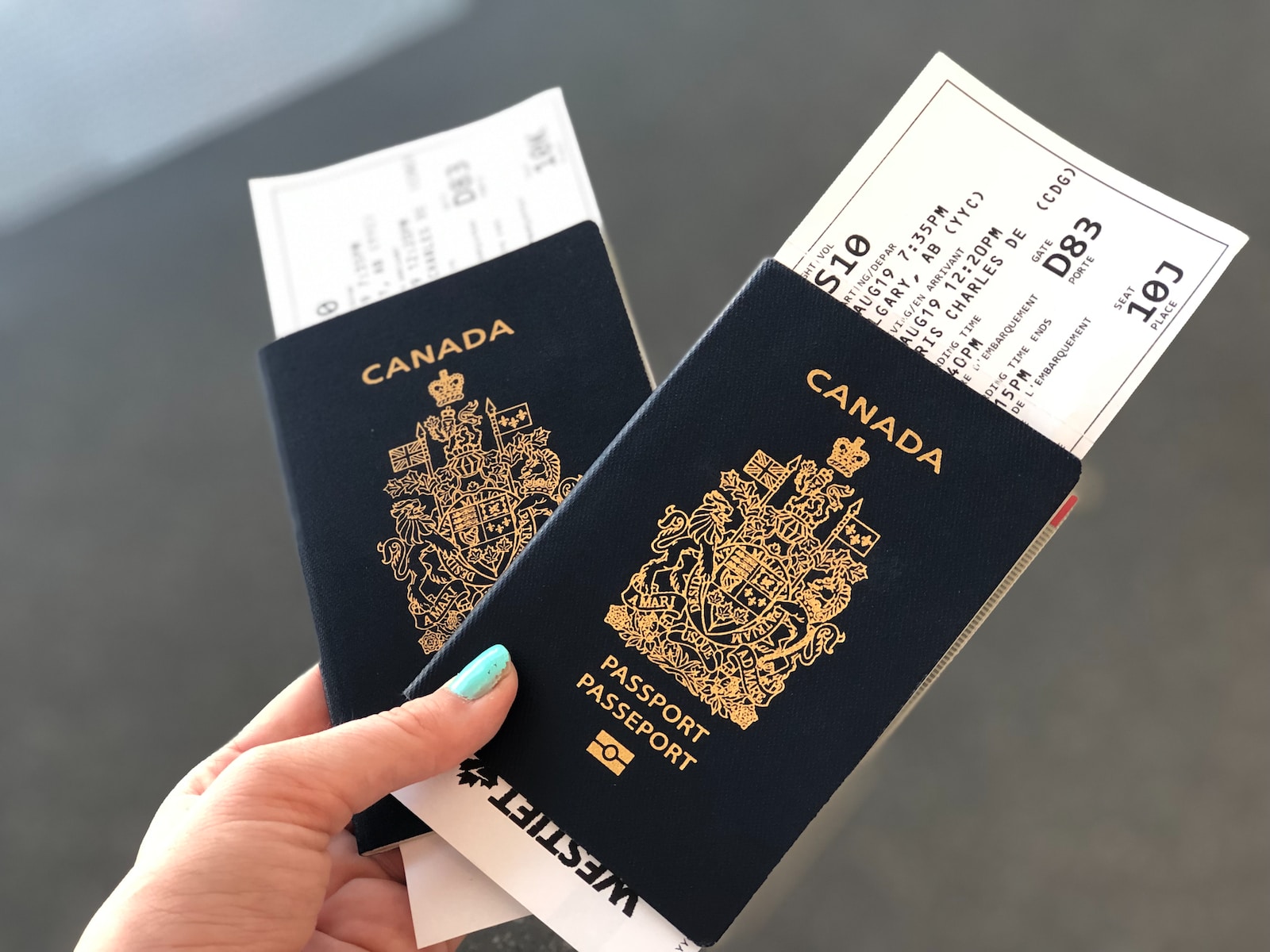Have you been convicted of a DUI (Driving Under the Influence) and wondering if you can visit Canada? The answer to this question depends on various factors. In this article, we will explore Canada’s stance on DUI entry and the options available to individuals with a DUI conviction who wish to travel to Canada.
Introduction
A DUI conviction can have serious consequences, not only in your home country but also when it comes to international travel. Canada, like many other countries, takes criminal convictions seriously and has specific rules in place regarding the entry of individuals with a DUI record.
Canada’s stance on DUI entry
When it comes to DUI entry, Canadian immigration laws are quite strict. In general, individuals with a DUI conviction may be considered inadmissible to Canada. The primary concern is that DUI is considered a serious offense, as it poses a risk to public safety. Therefore, Canadian authorities take measures to protect their citizens and maintain the security of their borders.
Temporary resident options
If you have a DUI conviction and wish to visit Canada, there are temporary resident options available that may allow you entry into the country.
Temporary Resident Permit (TRP)
A Temporary Resident Permit (TRP) is a document that grants individuals with criminal inadmissibility permission to enter Canada for a limited period. To be eligible for a TRP, you must demonstrate a valid reason for your visit and convince the Canadian authorities that you pose no significant risk. Click here to apply for Canada TRP
Criminal Rehabilitation
Criminal Rehabilitation is another option for individuals with a DUI conviction. If you have completed your sentence and a certain period has passed since the completion, you may be eligible to apply for Criminal Rehabilitation. This process allows you to permanently overcome your criminal inadmissibility and enter Canada freely.
Applying for a Temporary Resident Permit
To apply for a Temporary Resident Permit, you must meet certain eligibility criteria. These criteria include having a valid reason for your visit, demonstrating your rehabilitation, and showing that your entry into Canada will not pose a risk to public safety. Additionally, you will need to provide supporting documentation, such as a detailed itinerary, character references, and any relevant court documents.
The application process for a TRP involves submitting an application to the Canadian immigration authorities and paying the required fees. It is essential to ensure that your application is complete and includes all the necessary supporting documents to maximize your chances of approval.
Criminal Rehabilitation
If you want to permanently overcome your criminal inadmissibility, you can apply for Criminal Rehabilitation. To be eligible for this option, a specific period must have passed since the completion of your sentence, including any probation or parole. You must also demonstrate that you have been rehabilitated and are unlikely to reoffend.
The application process for Criminal Rehabilitation involves gathering and submitting detailed information about your conviction, including court documents and evidence of your rehabilitation efforts. The processing time for Criminal Rehabilitation applications can be lengthy, so it is advisable to apply well in advance of your intended travel date.
Alternatives to visiting Canada
If your DUI conviction prevents you from visiting Canada, it does not mean you have to abandon your travel plans altogether. There are numerous other travel destinations that may be equally appealing and accessible. Consider exploring countries with more lenient entry requirements or those that do not consider DUI convictions as grounds for inadmissibility.
Conclusion
Visiting Canada with a DUI conviction can be challenging, but it is not impossible. Temporary resident options like the Temporary Resident Permit (TRP) and Criminal Rehabilitation offer potential solutions for individuals with a DUI record. However, it is crucial to meet the eligibility criteria and follow the proper application processes. If visiting Canada is not an option, remember that there are plenty of other destinations waiting to be explored.
FAQs
1. Can I visit Canada with a DUI?
Visiting Canada with a DUI conviction can be challenging. However, there are temporary resident options such as the Temporary Resident Permit (TRP) and Criminal Rehabilitation that may allow entry into the country under certain circumstances.
2. What is a Temporary Resident Permit (TRP)?
A Temporary Resident Permit (TRP) is a document that grants individuals with criminal inadmissibility permission to enter Canada for a limited period. It is typically issued to individuals who demonstrate a valid reason for their visit and pose no significant risk.
3. How can I apply for Criminal Rehabilitation?
To apply for Criminal Rehabilitation, you must meet certain eligibility criteria and demonstrate that you have been rehabilitated. The application process involves providing detailed information about your conviction, including court documents and evidence of rehabilitation efforts.
4. Can I explore other travel destinations if I have a DUI conviction?
Yes, if visiting Canada is not an option due to a DUI conviction, there are plenty of other travel destinations to consider. Explore countries with more lenient entry requirements or those that do not consider DUI convictions as grounds for inadmissibility.
5. How long does the processing of a Criminal Rehabilitation application take?
The processing time for a Criminal Rehabilitation application can be lengthy. It is advisable to apply well in advance of your intended travel date to allow sufficient time for the application to be processed and a decision to be made.











